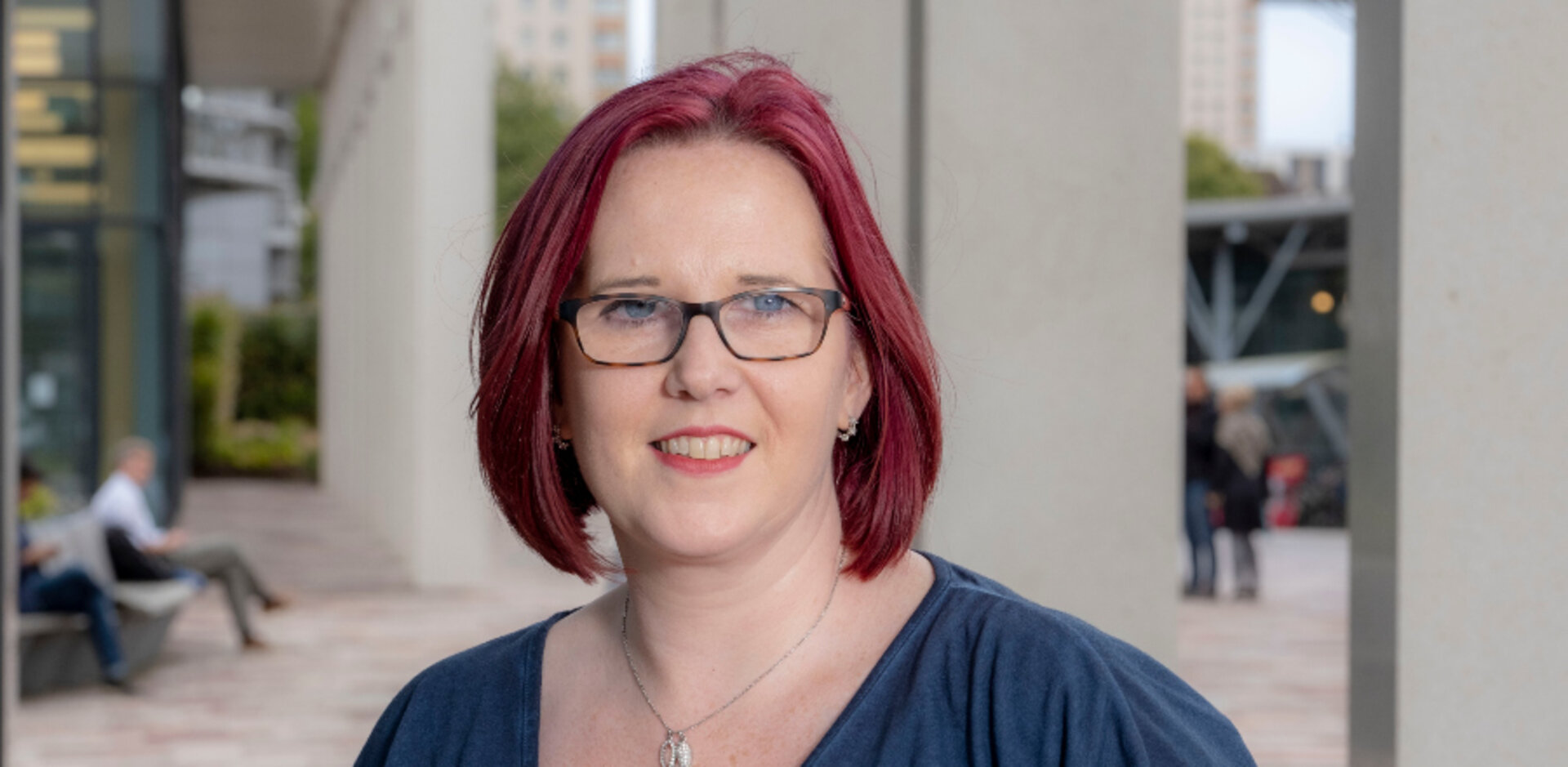Younger people hit hardest by COVID-19 lockdown – new research reveals

Younger adults and people with pre-existing health conditions are more likely to suffer anxiety, depression, PTSD and higher levels of worry as a result of the COVID-19 measures, new research has shown.
Four top psychologists at Glasgow Caledonian University (GCU) studied data from 726 people living in Scotland during lockdown to find out the impact that Coronavirus measures were having on mental health.
The 72-page online COVID-19 Psychological Wellbeing Study of adults over 18 was completed after three-months of analysing data collected during the first month of lockdown. The average age was 38, about 75 per cent were female, 58 per cent were married or living with a partner and 63 per cent were employed or educated to university level.
The study found that 31 per cent of the sample population suffered from anxiety, 34 per cent had depression, and 20 per cent showed signs of PTSD (Post-Traumatic Stress Disorder).
The study revealed that 30 per cent of respondents were ‘quite a bit’ or ‘extremely concerned’ about becoming infected, half the sample population were just as worried about infecting others, the financial impact and the UK government’s ability to manage the COVID-19 situation.
Almost 70 per cent said they were either ‘quite a bit’ or’ extremely’ concerned about the ability of the health service to care for COVID-19 patients if the situation was to worsen.
However, lead researchers GCU Head of Psychology Dr Kerri McPherson and Senior Lecturer in Applied Health Psychology Dr Kareena McAloney, supported by lecturer Dr Birgit Schroeter and researcher Pia Faeth, found that younger people and those with pre-existing conditions have suffered most during lockdown.
She explained: “We looked at a whole host of factors that might influence these outcomes - and the things that consistently appear are that younger people and those with pre-existing health conditions are more likely to suffer anxiety, depression and PTSD and higher levels of worries as a result of lockdown measures.
“Younger individuals in particular often had higher concerns, as did those with pre-existing health conditions. Media consumption and income were also significantly associated with higher levels of some COVID-19 concerns.
“We found high levels of self-reported mental illness in the population and this means we need to think about how we support individuals and the resources we have in place to deal with the mental health consequences of the pandemic.”
The study has made the following five key recommendations to help people deal with how they react mentally to the pandemic, which will be submitted to the Scottish Government.
• Younger people and those with pre-existing mental and physical health conditions have been identified as key vulnerable groups. Decision-makers should be mindful and pay particular attention to more vulnerable groups when creating, amending, implementing and communicating future COVID-19 related policy and information.
• Clear media guidelines for the dissemination of COVID-19 information, informed by empirical research, clinicians, and key stakeholders, should be developed and implemented.
• A public health campaign to educate the public about reputable media information in relation to COVID-19, based on these guidelines, should also be developed.
• Attention should be paid to the concerns that the public have about the employment and finance-related consequences of COVID-19 and to perceptions about the government’s management of the pandemic. Given their role in increasing risk of mental health problems, addressing and managing these concerns should be a priority.
• A priority at policy level should be to plan efficiently and effectively for how a potential increase in the need for mental health support will be managed.
The researchers worked in collaboration with Queen’s University Belfast to collate information from 2,500 people across the UK, however, the report that has just been produced focuses on the 726 residents in Scotland and on how they have experienced psychological distress during the pandemic.
See full results of the study here.
